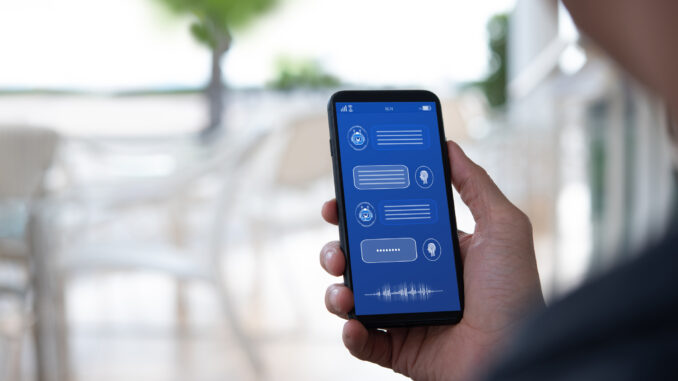
By Andrei Papancea, CEO of NLX - 1.25.2022
By this past November, hotel occupancy was starting to climb back towards its pre-pandemic levels as travelers’ comfort increased. According to STR, U.S. occupancy rates in November of last year were at 57.6%, which was still down 6.2% compared to 2019. Revenue per available room stood at $74.03 (down 3.9%). New York City experienced the highest occupancy levels at 71.2%.
As hotel occupancy levels begin their climb back towards pre-pandemic levels, despite recent setbacks unleashed by the omicron variant, we’re witnessing a different challenge: notably how to fill contact center and customer service roles at a time when the sector should be bracing itself for a significant increase in call center contacts and customer service requests.
According to the U.S. Bureau of Labor Statistics, there were nearly two million job openings in July 2021, many of which were within the hospitality industry. The total unfilled vacancies sat at approximately 400,000. This count excluded jobs that would have been created in the absence of the pandemic. With less hospitality staff to aid in customer service and hotel occupancy increasing, hotels have been left with backlogs in customer service and frustrated guests.
The answer is AI. Conversational AI technology is actively being deployed to navigate potential customer service hitches, help address the increase in customer service needs and keep call center workloads manageable while staffing shortages abound. According to Global Market Estimates (GME), AI in the hospitality market will grow with a CAGR value of around 10 per cent over the next five years.*
GME’s report also suggests that the North America AI in hospitality market share dominated the global demand for the technology and accounted for over 50% of deployment in 2020.
We have seen our technology deployed across the hospitality sector through a suite of frictionless and automated multimodal customer service solutions that help hotel operators ease their guests’ stay experience.
We are hearing from hotel operators that the employees they shed at the start of the pandemic are simply not returning as business is picking up. Even if they can recruit and hire new staff, there is a long learning curve to get those staff up to speed.
Voice AI technology is providing a solution for hotel operators that may be facing a challenge in finding people to employ in contact centers and in front line customer service roles. This reinforces the need to automate and encourage customer self-service because the low rates of staffing equate to longer wait times and diminished customer support experiences.
Conversational AI removes the need to hire round-the-clock staff to man phones. The application never sleeps and can handle all calls simultaneously. This means you empower your guests to create their own satisfying solution 24/7 without ever being on hold or speaking to a representative.
Furthermore, GME reported that “AI tools are proved to be more effective while dealing with end-user customer requirements,” creating trust and brand loyalty with guests.
Additionally, the technology also enables cross-selling and up-selling of services in a self-service hotel environment if the hotel has a defined path in place. This can include cross-product selling such as Room + Spa + Restaurant reservations, for example, driving additional revenue for the hotel.
Furthermore, conversational AI allows for real-time analysis and outcome tracking: the technology can lead to rapid response for new issues, where deployment in hours or days and not weeks is crucial. Use the data to identify new opportunities to dazzle your guests and anticipate what they’re looking for next.
Indirect events can create a surge in the need for customer support at even the most prepared of call centers. Conversational AI can take some of the heavy-lifting off hotel call centers and scale support services according to your business needs.
With AI growth projected to continue 2021-2026, per GME, hotel operators looking to maintain customer satisfaction even while there is a shortage of staff should get a head start and look into what Conversational AI can do for their business.
 Andrei is CEO at NLX, a provider of automated and frictionless multimodal self-service tools powered by conversational AI. He built the Natural Language Understanding platform for American Express, processing millions of conversations across AmEx’s main servicing channels. Previously, he deployed AWS across the business units as Director of Engineering of Argo Group, a publicly traded US company. He teaches graduate lectures on Cloud Computing and Big Data at Columbia University. He holds a M.S. in Computer Science from Columbia University.
Andrei is CEO at NLX, a provider of automated and frictionless multimodal self-service tools powered by conversational AI. He built the Natural Language Understanding platform for American Express, processing millions of conversations across AmEx’s main servicing channels. Previously, he deployed AWS across the business units as Director of Engineering of Argo Group, a publicly traded US company. He teaches graduate lectures on Cloud Computing and Big Data at Columbia University. He holds a M.S. in Computer Science from Columbia University.
Are you an industry thought leader with a point of view on hotel technology that you would like to share with our readers? If so, we invite you to review our editorial guidelines and submit your article for publishing consideration.


